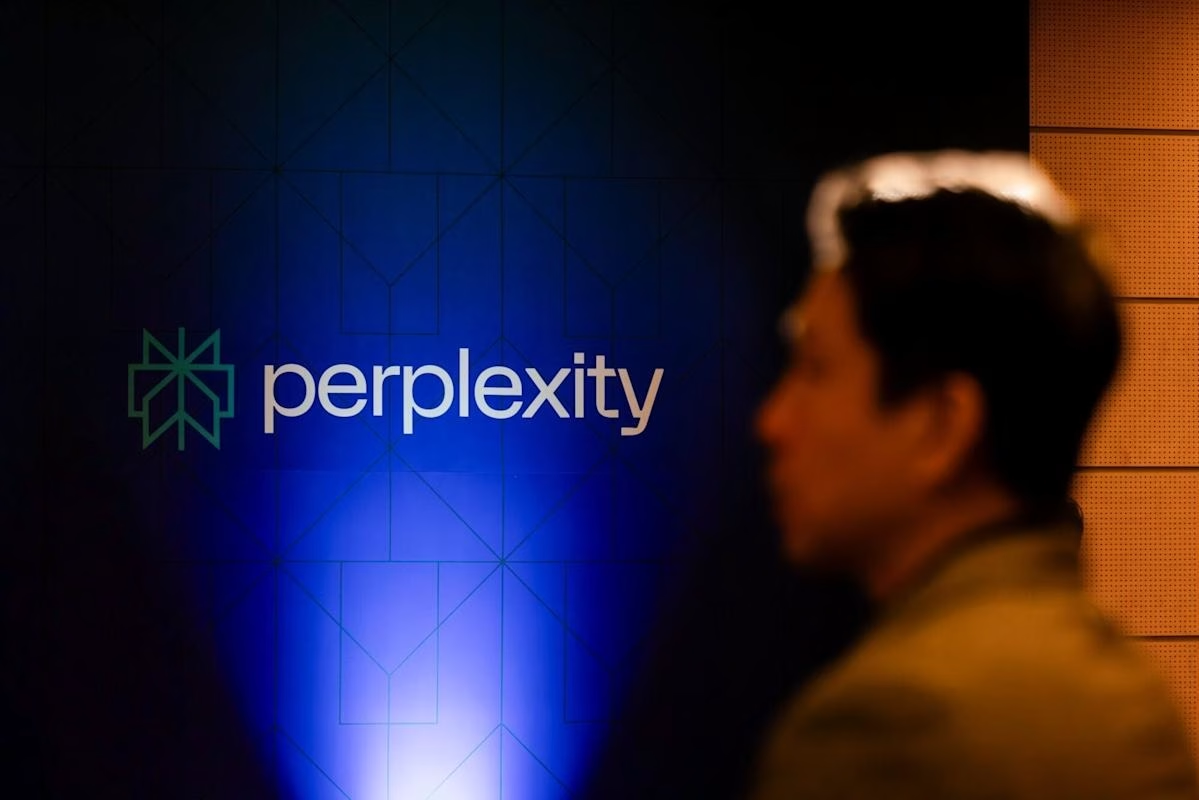Meta's Big AI Bet: Why Perplexity Was Passed Over for Scale AI
It's been quite a week in the AI world, hasn't it? The tech giants are moving at a dizzying pace, making strategic plays that could reshape the industry for years to come. One of the most talked-about recent developments involves Meta Platforms, a company that's clearly all-in on artificial intelligence. We've just learned that before Meta decided to pour a staggering $14.3 billion into Scale AI, securing a hefty 49% stake, they were actually in talks to acquire Perplexity AI. That's a significant detail, isn't it? It tells us a lot about Meta's evolving AI strategy and where they see the real value.
The Perplexity Path Not Taken
Perplexity AI has been making waves, no doubt about it. Their AI-powered search engine offers a compelling alternative to traditional search, providing direct answers with sources, which is something many users are increasingly looking for. Their valuation has soared, reflecting the intense interest in innovative AI applications. So, it makes perfect sense that Meta would have kicked the tires on an acquisition.
Doubling Down on Scale AI
Instead of Perplexity, Meta made a colossal investment in Scale AI. And when I say colossal, I mean it. $14.3 billion for a 49% stake? That's a serious commitment. Scale AI isn't a consumer-facing product like Perplexity. Instead, they're a critical backend player, specializing in data labeling, data curation, and providing the underlying infrastructure for AI development. They help companies prepare the massive datasets needed to train powerful AI models.
This move signals a clear shift in Meta's priorities. It's not just about having cool AI features; it's about building the very bedrock upon which future AI innovations will stand. Investing in Scale AI is about securing access to high-quality data and the tools to process it, which are absolutely essential for developing advanced AI, especially for something as ambitious as superintelligence. It's like deciding to invest in the lumber mill and the construction tools, rather than just buying a finished home. This gives you far more control over the quality and type of houses you can build in the future.
Strategic Implications for Meta's AI Future
Meta's decision tells us a few things about their long-term vision. First, they're clearly prioritizing proprietary AI development. By investing in Scale AI, they're ensuring they have the raw materials and infrastructure to train their own cutting-edge models, rather than relying solely on external partners or acquiring existing applications. This aligns with their broader goal of being at the forefront of the AI arms race, competing directly with Google, Microsoft, and OpenAI.
This isn't just about building better chatbots or recommendation engines. It's about laying the groundwork for truly transformative AI capabilities. Mark Zuckerberg has been vocal about Meta's commitment to AGI (Artificial General Intelligence) and superintelligence. To achieve that, you need unparalleled data processing capabilities and robust infrastructure. Scale AI provides a significant piece of that puzzle. It's a bold, high-stakes gamble, but one that could pay off handsomely if Meta executes well.
Broader Market Ripple Effects
This kind of investment doesn't happen in a vacuum. Meta's move will undoubtedly send ripples through the entire AI ecosystem. For one, it validates the immense value of companies like Scale AI that operate in the less glamorous, but utterly crucial, backend of AI development. We might see increased valuations for other AI infrastructure and data companies.
What Lies Ahead
Only time will tell if Meta's massive bet on Scale AI will yield the superintelligence they envision. The integration of Scale AI's capabilities into Meta's vast operations will be a monumental task, and the competitive landscape in AI is only getting more intense. But one thing is clear: Meta isn't just dipping its toes into the AI waters; they're diving in headfirst. They've made their intentions known, and their strategic choices reflect a long-term vision for AI dominance. It's going to be fascinating to watch this unfold.
